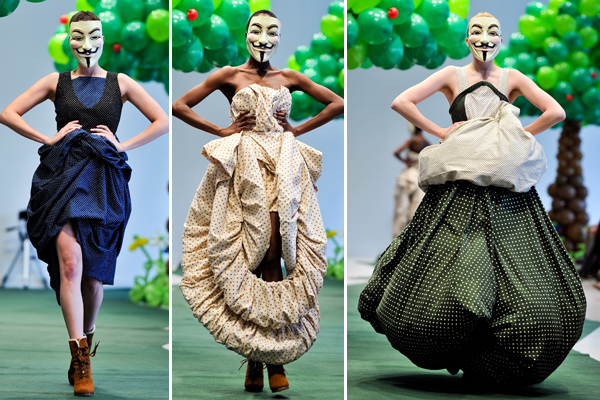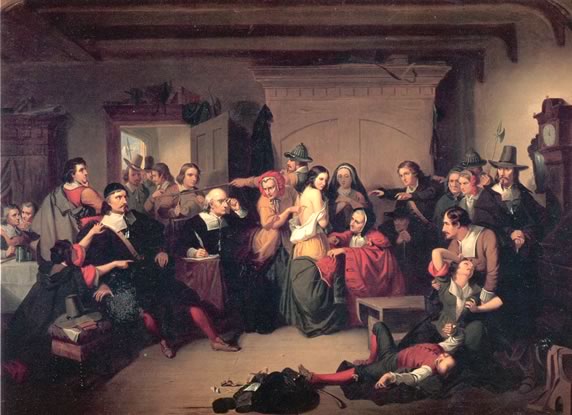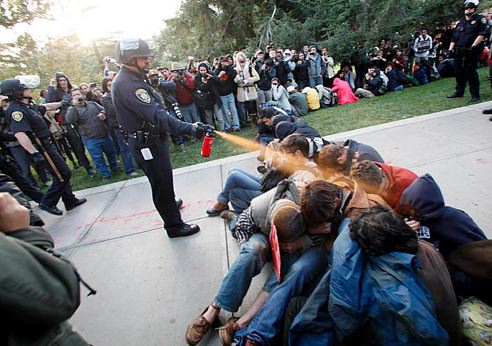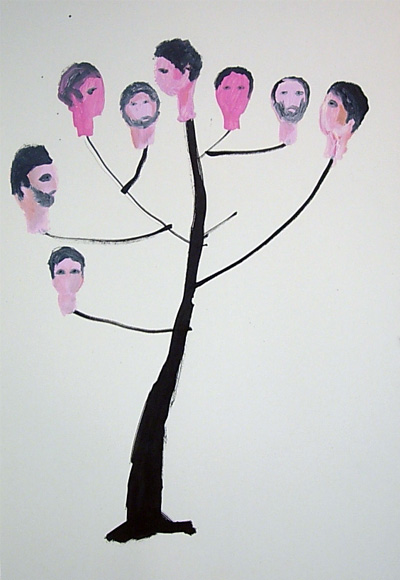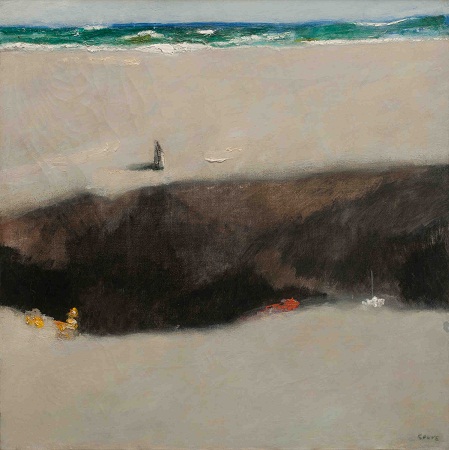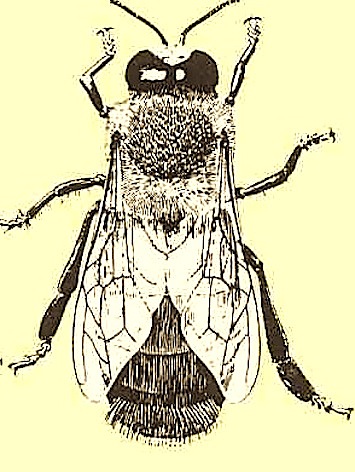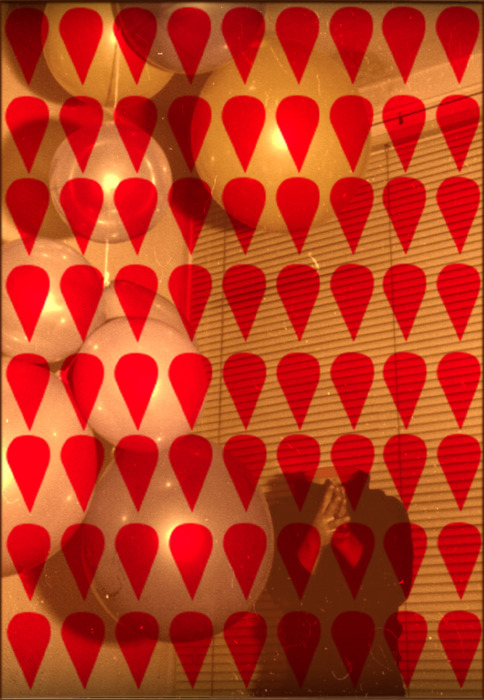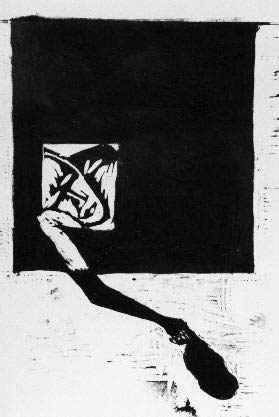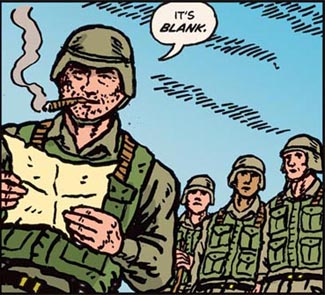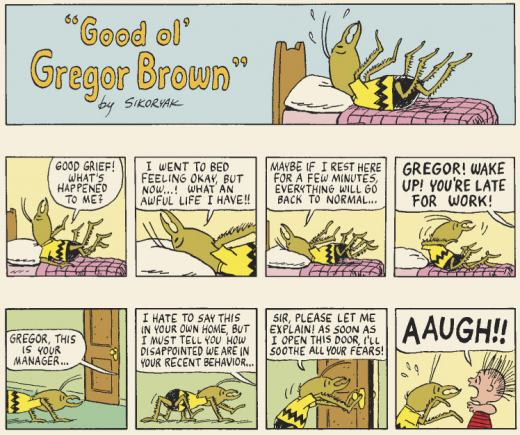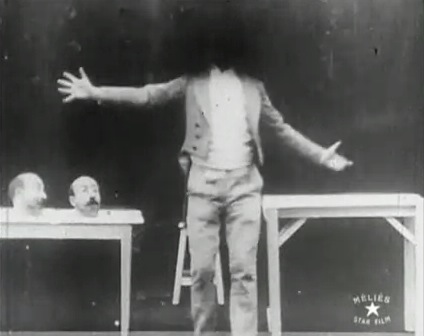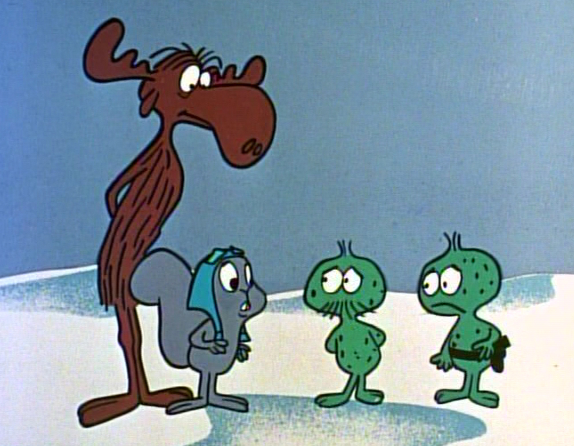Five Questions with Pierre Joris
Courage is whatever.
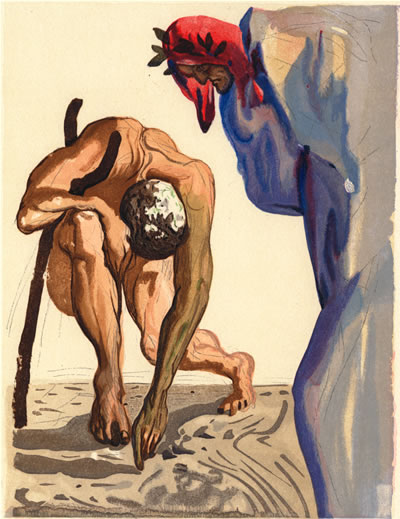
Five Questions with __________ is an experiment with flash interviews. The series on poets continues with poet, essayist, anthologist, and translator Pierre Joris. Years ago, after the sudden death of a poet I admired I took a personal vow to translate his dense and difficult volume of poetry, spurring me on to find poets who had already wrestled with that beastly endeavor. Pierre had arrived to discuss his legendary translations of Paul Celan. What really grabbed my attention, though, was a tattoo on his arm carved with the Arabic word hajara (??? to emigrate or relinquish, in the sense of exile). To this day I have not seen a more striking tattoo. Later, in the autumn of 2011, he came to the Woodberry Poetry Room for a reading. All the gates surrounding Harvard Yard were locked down per the administration's response to the Occupy Harvard tent… Read More...

